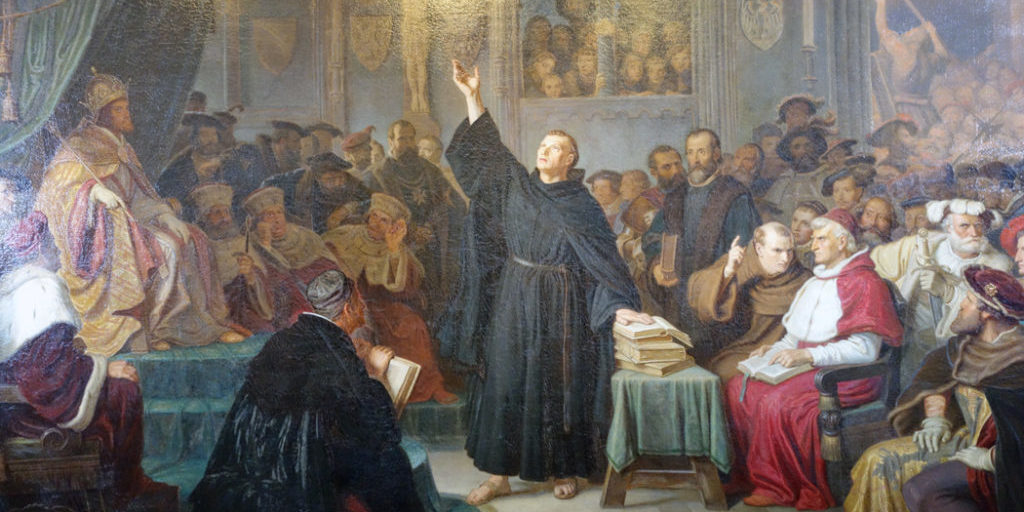
The Priesthood of All Believers: Ministry to Match the Message of the Gospel
 In the new issue of Credo Magazine, “Luther at 500,” Chase Kuhn has written an article titled, “The Priesthood of All Believers: Ministry to Match the Message of the Gospel.” Kuhn (PhD, University of Western Sydney) lectures in Christian Thought and Ministry at Moore Theological College, Sydney. He is the author of The Ecclesiology of Donald Robinson and D. Broughton Knox (2017), as well as several theological essays.
In the new issue of Credo Magazine, “Luther at 500,” Chase Kuhn has written an article titled, “The Priesthood of All Believers: Ministry to Match the Message of the Gospel.” Kuhn (PhD, University of Western Sydney) lectures in Christian Thought and Ministry at Moore Theological College, Sydney. He is the author of The Ecclesiology of Donald Robinson and D. Broughton Knox (2017), as well as several theological essays.
Here is the start of his essay:
When thinking of the sixteenth-century, most will think of the great theological truths that emerged. Rightly so! But we can easily overlook the circumstances that demanded reform: corrupt ministry. Corrections to the ministry were not just implications of the retrieval of good doctrine, but corrupt ministry was the driving force behind the Reformation. Martin Luther was deeply concerned that the people of the Church were being held captive—one of his great written works was entitled The Babylonian Captivity of the Church—by bad doctrine that amounted to abominable ministry practices and ultimately deprivation of the gospel.
Circumstances
What was it exactly that was so bad about the Roman Catholic Church? There were several presenting issues, especially the selling of indulgences (think “salvation for sale”), that had their root in a profane view of the priesthood. To be more specific, the Roman Church claimed that there were two estates within the Church—a “spiritual estate” for the clergy (priests) and a “temporal estate” for the laity. This sort of thinking had been around for centuries, creeping into the church as far back as the third-century with Cyprian, but had come to be exploited by the sixteenth-century. Luther was adamant that the Bible taught that there was only one spiritual estate shared by all who were baptized and had faith in Christ. Indeed, there was a singular priesthood of all believers (1 Pet 2:9). Luther wrote one of his more trenchant addresses against Emser, whom he affectionately called the “goat” of Leipzig (!), in order to address such a corrupt view. He explained frankly, “[T]he priesthood of which Emser has dreamed and the church which the papists have devised agree with the Scriptures just as life and death agree with each other.” The point was not simply to point out a sharp contrast, but also to use an image that conveyed a disturbing truth—the Roman priesthood meant death because the manner of their ministry undermined the message of the gospel. …
Read the rest today over in Luther at 500.
